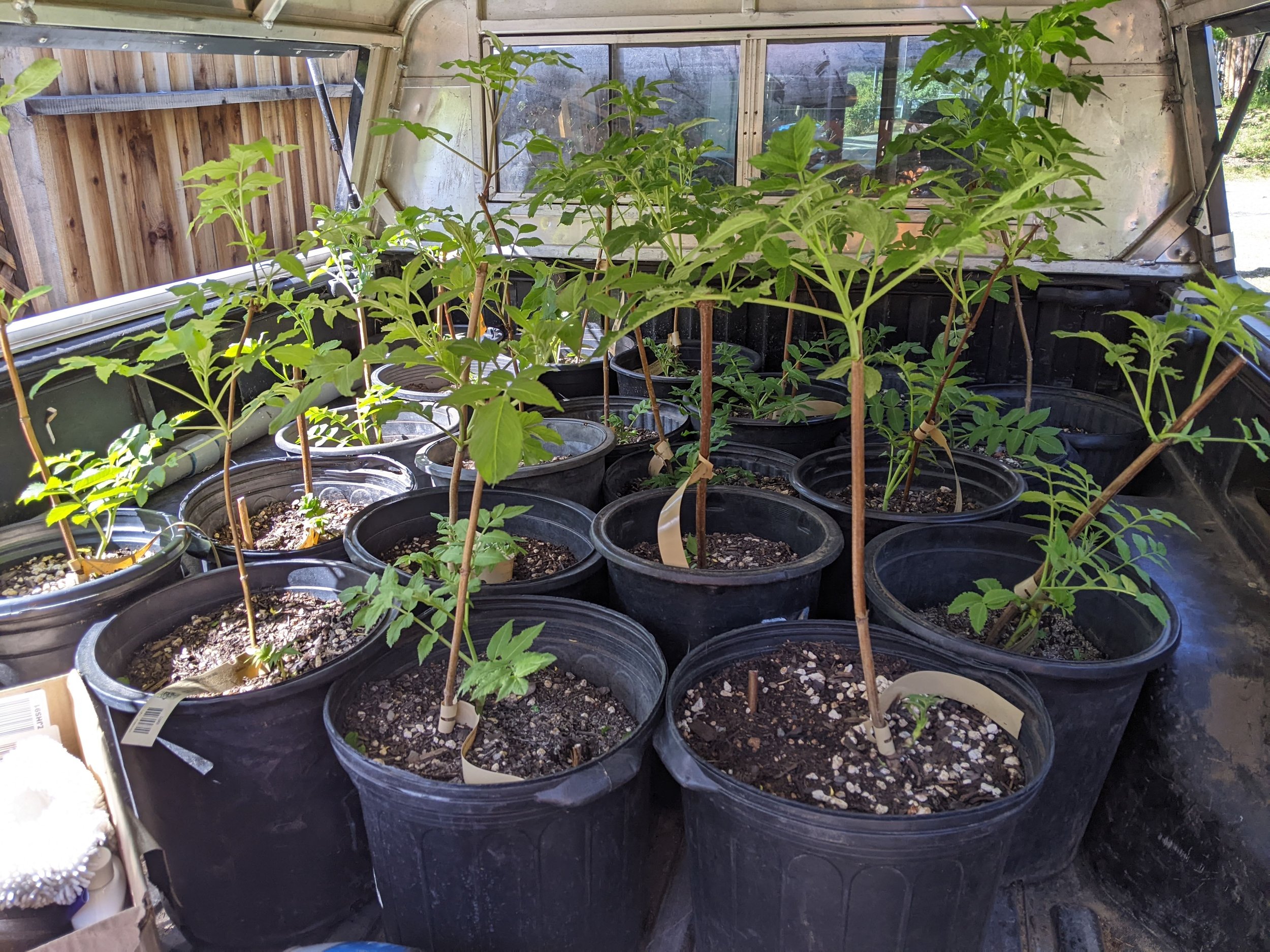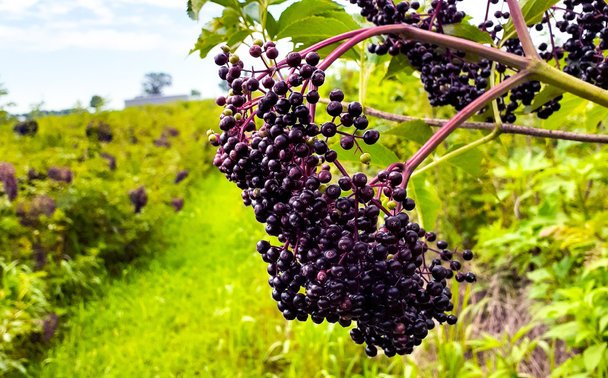
Food Sovereignty, Security and Sustainability for all our forest ecosystem creatures
Liz Harwood- Chairperson
It was not until 1973 that forester John Bene coined the word “Agroforestry” for what indigenous people have been doing for millennia, practicing tree-related agriculture and gathering useful forest products. This relationship allowed the people to gain subsistence and livelihood while the forests also benefited. The people felt that the forest would not flourish without gathering and the people would not flourish without the forest.
Agroforestry Articles
Agroforestry is a combination of crops (plants, animals, fungi, etc.) and trees that benefit the forest ecosystem’s health while also benefiting the human stewards through greater connection to the landscape, enhanced resources and greater economic opportunities.
Post-indigenous forest practices have converted the forests to annual cropping and grazing preferences for mono-cropping the highest value timber species at the expense of the whole ecosystem and the people’s participation in it. Critically, in the time of global warming and ecosystem collapse, we need to correct this imbalance and partner with our forests again. Forests and their soil are our best hope for stabilizing the earth.
Management practices such as burning, digging and coppicing create disturbances that keep the landscape at its mid-succession abundance and health. Biodiversity is key to resiliency. With our rapidly changing climate, growing open-pollinated seedlings and including foreign cultivars creates the maximum opportunity for survivors in future forests.
Along with greater biodiversity, mixing agriculture within the framework of a healthy forest also yields improved soil structure and health, reduced erosion, and enhanced carbon sequestration.
Agroforestry systems can include nuts or acorn trees such as the indigenous oaks, hazelnut and chestnuts; native fruit trees such as huckleberry, elderberry and plums; and herbal medicines and basket materials, such as willow, hazelnut, ferns and horsetail.
UC Berkeley and Karuk Tribe use Indigenous and western science to cultivate resilient food systems under changing climate conditions.
To adapt to climate change, Karuk Tribe members identified the importance of monitoring climate stress on plant species and actively managing and restoring healthy ecosystem processes to increase the consistency and quality of their food harvests, according to a new report. The Karuk Tribe's Aboriginal Territory encompasses over a million acres in the Klamath Basin in Northern California and Southern Oregon.
Agroforestry News!
The next happening on the agroforestry front is an open garden and plant sale at Rio Anderson and Richard Amersons permaculture farm in Benbow.
Got a crop of Stinging Nettles in your garden? They are NOT weeds!
Stinging nettles are not high on many people’s lists of favourite plants. But there’s so much more to this nettlesome species than people realize. Let’s Explore!
Cultivating Truffles in California
High-priced and hard to grow, truffles are nevertheless a realistic crop for Humboldt in the right situation.








Salmon Creek resident with deep roots in community talks about agroforestry